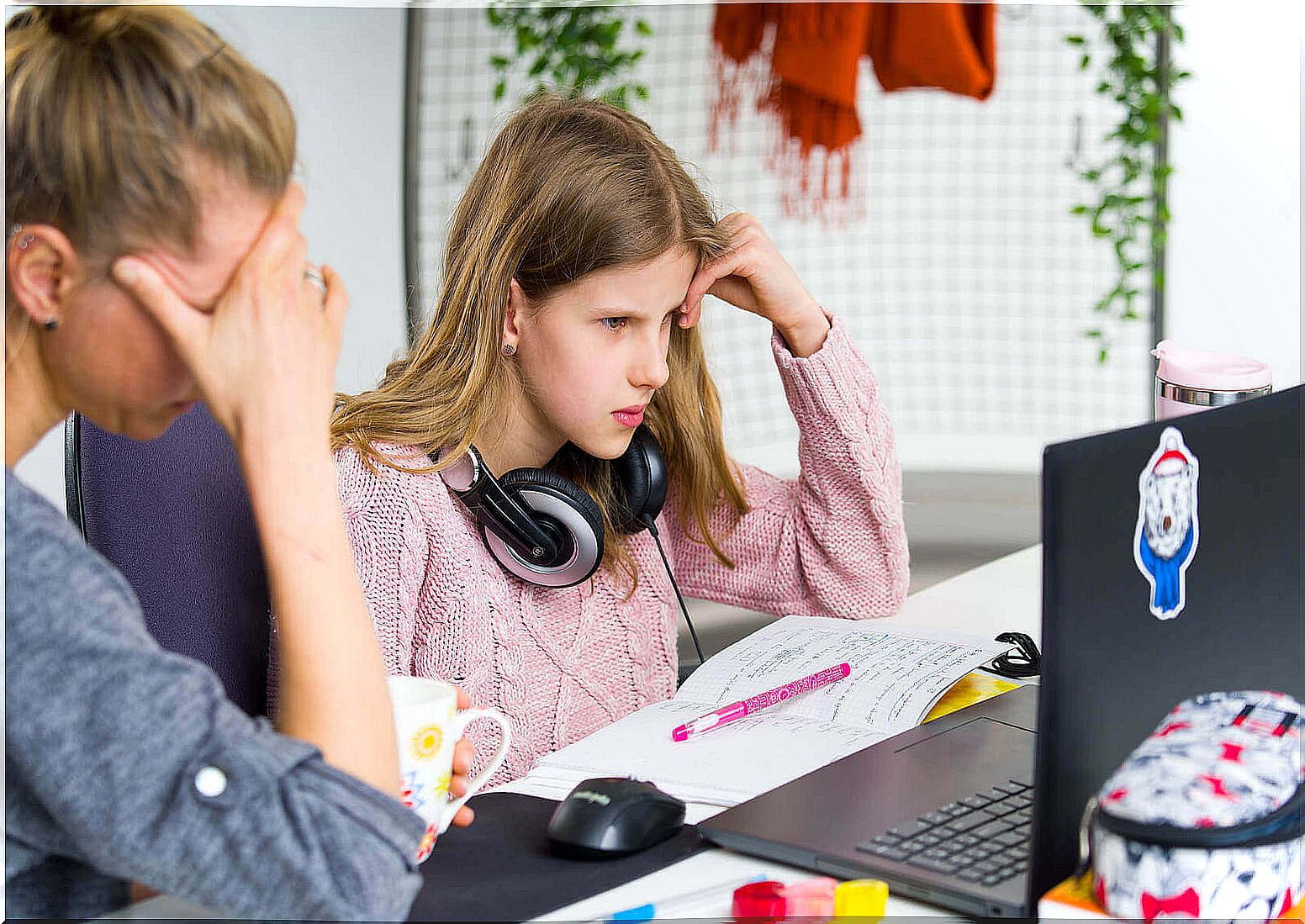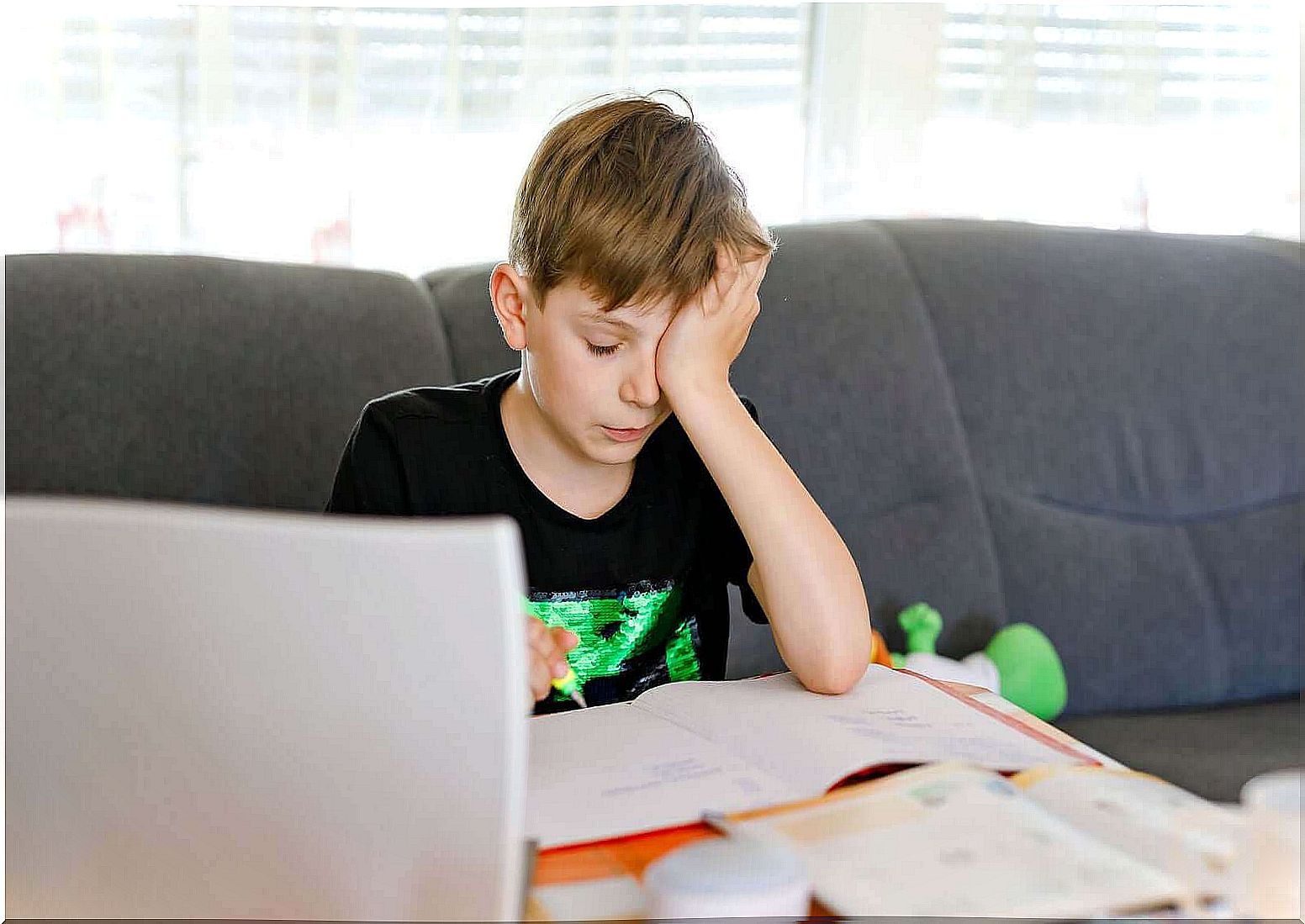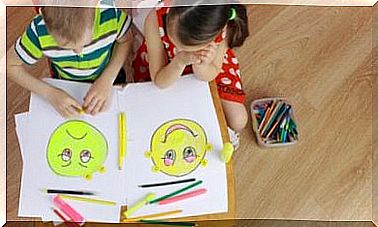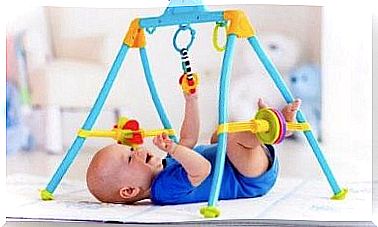How To Help A Teenager With Learning Disabilities?

Learning difficulties, ie difficulties in learning the skills to be taught, manifest themselves as slow or abnormal acquisition of skills. It is estimated that up to 5-20% of people have some type of learning disability. Problems of this type can be a big hit, especially on a teen’s self-esteem, as social relationships and looking good in the eyes of others are especially important at this point. A young person with a learning disability may quickly become frustrated and believe that the effort is not worth it, as things will not change, however. Of course, this is not the case, but often teenagers need adult support to cope with learning disabilities.
More than anything else, a teenager wants to be normal and similar to everyone else. This is reflected, for example, in the fact that typically all young people dress in the same way, use the same language and listen to the same music. A young person does not want to become stigmatized as slow, stupid, or a type with learning disabilities. He wants to belong to the ranks and become accepted by others.
While no young person wants to suffer from a learning disability, a diagnosis can also be a relief, as it explains why a particular skill or subject causes difficulty. It is worth discussing openly with a teenager what diagnosis and learning disabilities mean in general. It’s also good to tell her that many of her peers are in exactly the same situation and have to struggle to promote learning.

How to help a teenager with learning disabilities?
It is possible to find good ways to cope with learning difficulties, and no one should be left alone with their problems. The young person can do a lot for their own learning by utilizing their own strengths and developing their own ways of working. Good models for learning can be sought and embraced, for example, from loved ones, fellow students and teachers. Organizations, libraries and colleges also offer various forms of support. Learning can also be facilitated with appropriate aids.
Caring for holistic well-being is important for a young person to be able to work for their own learning. It is not worth hiding or covering up learning difficulties, as this can consume a huge amount of energy, which in turn is out of the resources used for learning. Sometimes rehabilitation is also needed for learning difficulties.
- Individual therapy. Short-term individual therapy can help some young people deal with their learning difficulties and the associated sense of difference. A good Therapist can help a young person focus on his or her own strengths and weaknesses in a way that makes him or her accept what he or she will face in the years to come.
- Support groups. Some schools and municipalities organize support groups for young people with learning difficulties. This type of peer support can be very helpful.
- Various organizations. Parents should find out about the various organizations that specialize in learning difficulties, through which they can get comprehensive information and support on the young person’s problems.









